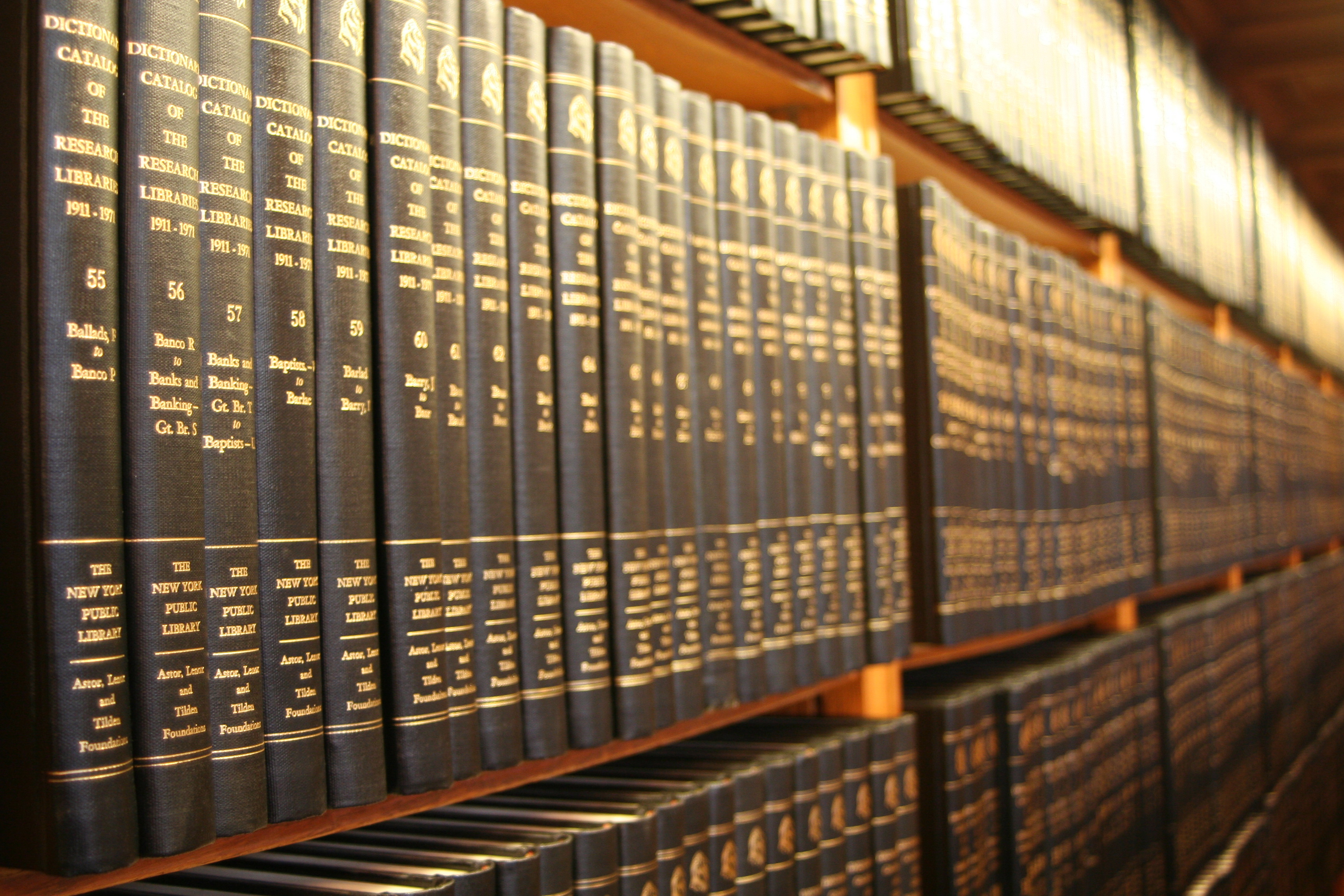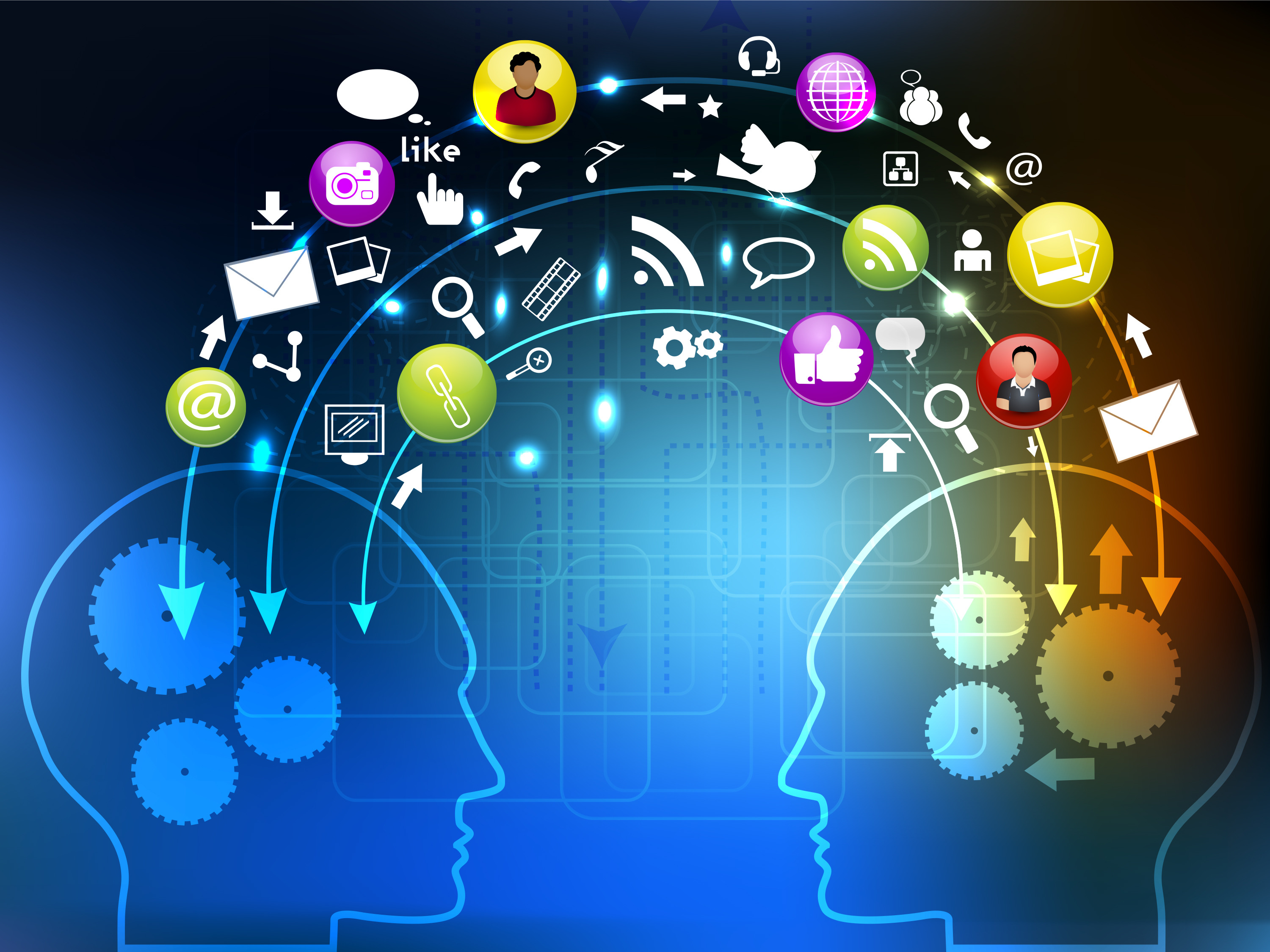
The right to be forgotten vs. the hope to be remembered

When I talk about an artist’s Digital ID my focus is on the presentation and preservation of who we are and what we do in the digital realm. In my opinion, today’s creative people have a unique opportunity to define how we’ll be discovered, seen and remembered. The same way that victors write the history books, only the artists who make the right choices around their digital legacy will produce lasting work.
It’s a tough concept to get our heads around. Hell, I’m writing this series so that I can begin to understand it myself. But it’s an important discussion, because our conclusions will yield solid next steps for:
-
Being online in a way that’s true to ourselves and our work
-
Ensuring that our hard work will be enjoyed long after we’re gone
So perhaps this particular wrinkle in Google’s robe will shed light on what we’re talking about. Not because it’s some sexy new feature or product. But because of its spectacular presumptuousness.
Forget being remembered, how can you manage to be forgotten?
Europe’s highest court recently passed down a ruling that’s widely called The Right To Be Forgotten. In response, Google announced a new service that allows EU citizens to submit a form to be removed from Google’s European results. I don’t want to get into the details of the process, because the thing that fascinates me is the premise of submitting a form so you can get wiped from the memory of the largest catalog in human history — besides our DNA of course ;-)
Sure, some people may want to protect their privacy. Some want to erase sordid pasts. Some want to start over after identity theft. But what does it even mean to be forgotten in the 21st century? The EU law’s premise and Google’s compliance seem to imply that Google, through its search engine, email, etc. is in some real way trying to remember us. After all, the opposite of being forgotten is to be remembered.
But that’s a flawed premise.
Anyone who is indexed, tracked, covered, Tweeted, shared, Liked, Plussed or nonplussed is not going to be remembered. The data will disappear over time. The memory will dissipate in spectacularly unnatural ways. Server outages will erase books, bad code will decimate entire portfolios, db updates will wipe out metadata, a hack will corrupt billions of sole backups.
Google’s bankruptcy will strand it all, casting trillions of our creations into purgatory, like ghosts who just want to be remembered.
Fire, war, catastrophe, decay. The list of what will most definitely happen to our digital data goes on and on.
So, in the long run, (which is the only run I’m interested in here) the idea that Google is remembering us is like saying cramming for a test is learning. You retain a tiny percentage of what you study, but most, if not all, is lost to the wind.
Maybe the EU and Google and the media just threw a name at the ruling that sounded clever. The right to be forgotten certainly presses some buttons, doesn’t it? Maybe they don’t mean to jump into the murky pool of legacy, or history books or what defines a “permanent record.” But even if that’s the case, the very fact that language like this is used around the digital version of our lives implies that we truly believe that our servers and our electricity and our file formats are part of a strong record, or a collective memory.
They are not.
So “The Right to be Forgotten” throws into stark relief this premise of being online in a way that lasts. Creative people can find a way to get online that’s true to their work and to themselves. But let’s not forget that everything we do online is ethereal in the long-run. That’s not a bad thing. It just means we need to prepare.
In my next post on Digital ID, I want to start laying out a strategy for getting online like you want to get online! Enough philosophy, let’s get our hands dirty for a bit…
By Ben Zackheim
Read more about Digital ID:
WordPress for authors and writers (part four)
WordPress for authors and writers (part three)

